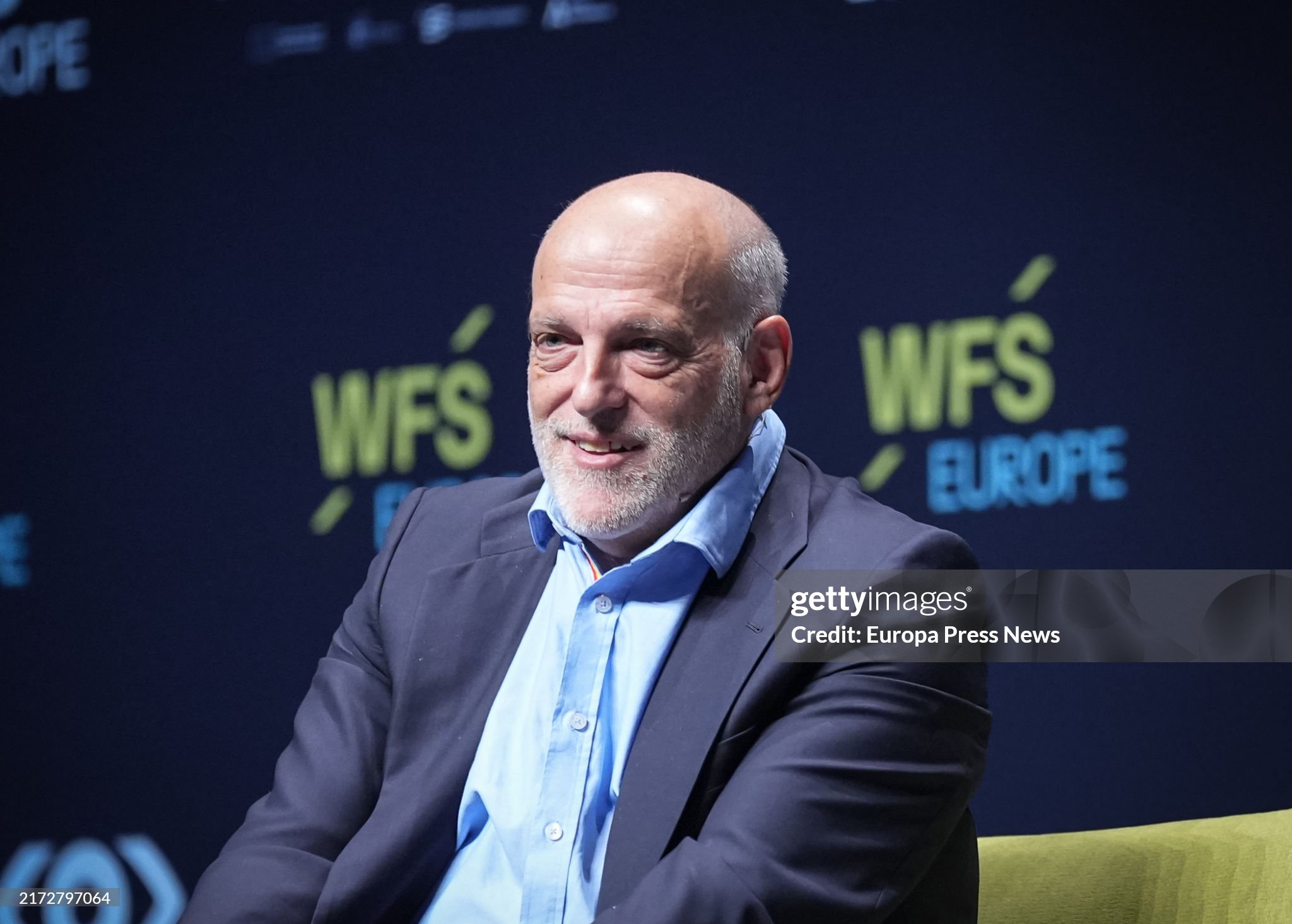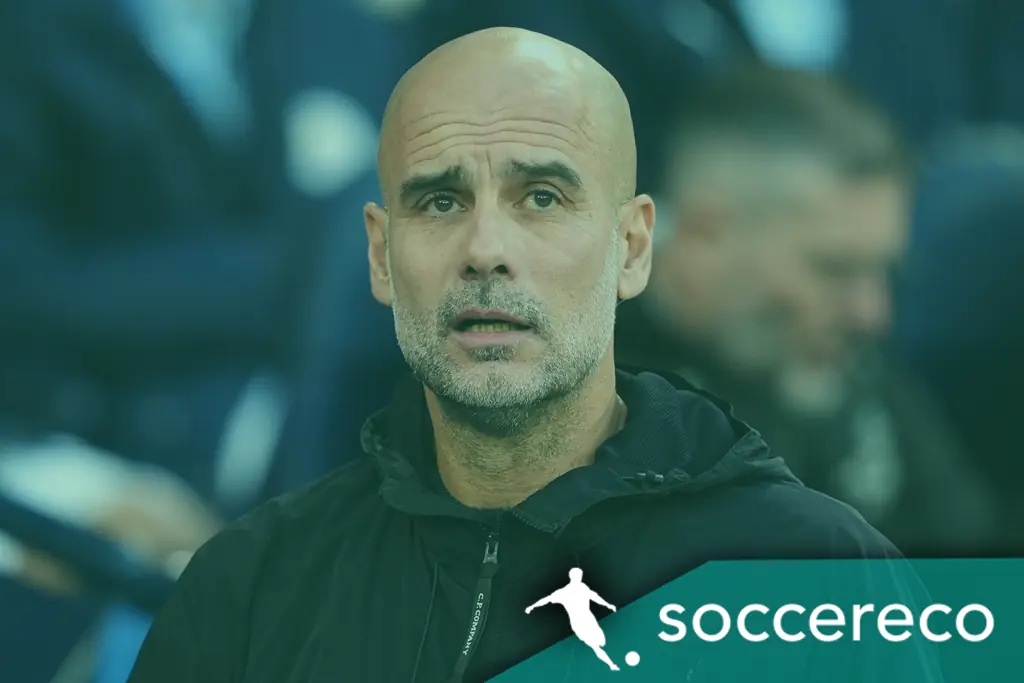Javier Tebas, president of LaLiga, publicly called on FIFA to cancel the 2025 Club World Cup, arguing that the tournament is unnecessary and disrupts the football calendar.

Javier Tebas, the outspoken president of LaLiga, has reignited his ongoing feud with FIFA by publicly urging its president, Gianni Infantino, to cancel the planned 2025 Club World Cup.
His criticism of the tournament, scheduled to be a major expansion of the current format, centers around concerns for player welfare, club commitments, and the overall organization of the football calendar. Tebas' remarks came during the Second Forum of the Union of European Clubs in Brussels, where he shared his views on the negative impact of such a competition on the football ecosystem.
Tebas argued that the 2025 Club World Cup, which will feature 32 teams in a new expanded format, is not only unnecessary but also detrimental to the game. "It’s not necessary for the players, nor for the clubs, nor for FIFA," he said, suggesting that the tournament brings more disorganization than benefits. According to Tebas, the financial and logistical burdens placed on clubs and players make the event untenable, especially in the face of an already congested football calendar.
He didn’t shy away from addressing FIFA's financial struggles related to the tournament. Tebas accused Infantino of not securing the necessary broadcasting rights or sponsorship deals to justify the competition’s budget. "FIFA president, you know you haven't sold the broadcasting rights for the budget you mentioned. You know you don’t have the sponsorships you budgeted for, and you know that the leagues and the players' union don’t want it," Tebas declared. His strong statement implies that the 2025 Club World Cup may be more of a financial risk than an opportunity, undermining the goals set by FIFA.
Tebas called for immediate action, urging Infantino to cancel the tournament outright. He emphasized the need for dialogue and negotiation between FIFA and the various stakeholders in football, including leagues, clubs, and players' unions. However, Tebas distinguished between the two concepts, stating, “Dialogue and negotiation are different; negotiation ends with an agreement, while dialogue ends with nothing.” He stressed that FIFA should be engaging in meaningful negotiations to resolve these conflicts, rather than pushing ahead with an unwanted tournament.
The LaLiga president also touched on broader governance issues in football, pointing out the need for reform at both the national and international levels. Tebas criticized the centralized control of the football calendar by FIFA, calling for a shift in governance that would allow national leagues and unions to have a greater say in decisions that impact them. "In national leagues, collective bargaining is negotiated between the leagues and unions, and we must transfer this to the international level,” he said. This reflects his belief that the current structure does not adequately represent the interests of the clubs and players affected by FIFA's decisions.
Tebas' comments are part of a larger pushback from various football organizations against the expansion of international tournaments. Both the European Leagues Association, led by Pedro Proença, and FIFPRO, the global players' union, have taken formal action against FIFA. The two bodies recently filed a complaint with the European Commission, accusing FIFA of abusing its dominant position by overloading the international calendar with competitions that strain the resources of clubs and players. The complaint specifically targets FIFA's plans for the 2026 World Cup, which will feature 48 teams, as well as the 2025 Club World Cup.
This legal action highlights growing discontent among key stakeholders in European football regarding FIFA’s approach to expanding its competitions. The expansion plans, while potentially lucrative for FIFA, place additional physical and mental demands on players, as well as financial and logistical pressures on clubs. Tebas and other critics argue that the added competitions detract from the integrity of domestic leagues and create an imbalance in the global football schedule.
The Club World Cup expansion, in particular, has drawn significant opposition. Historically, the tournament featured only a handful of teams, with champions from each continent’s top club competitions facing off. However, FIFA's vision for 2025 is a far more ambitious tournament that would see 32 of the world's top clubs compete in a multi-week competition, much like the World Cup for national teams. This has raised concerns about player fatigue, as well as the displacement of domestic league fixtures to accommodate the event.
Despite the criticism, the 2025 Club World Cup is set to include prominent clubs, with Portuguese giants Benfica and FC Porto among the teams that will participate. The inclusion of these clubs highlights the global appeal of the tournament, but it also underscores the challenges that top European teams face in balancing their commitments between domestic, continental, and international competitions.
Tebas' remarks reflect broader concerns about the direction in which international football is heading under FIFA’s leadership. The growing friction between domestic leagues and FIFA signals a critical moment for the governance of the sport. As more stakeholders, including leagues, clubs, and players' unions, voice their opposition to the current trajectory, the pressure on FIFA to reconsider its expansion plans is likely to intensify.
In conclusion, Tebas' call to "cancel the Club World Cup immediately" is emblematic of the deepening divide between FIFA and the rest of the football world. With legal complaints filed and public criticism mounting, FIFA will need to navigate this conflict carefully if it hopes to maintain the trust and cooperation of the sport's key stakeholders. The outcome of this dispute could shape the future of international football for years to come.
Updated: 03:38, 15 Oct 2024








